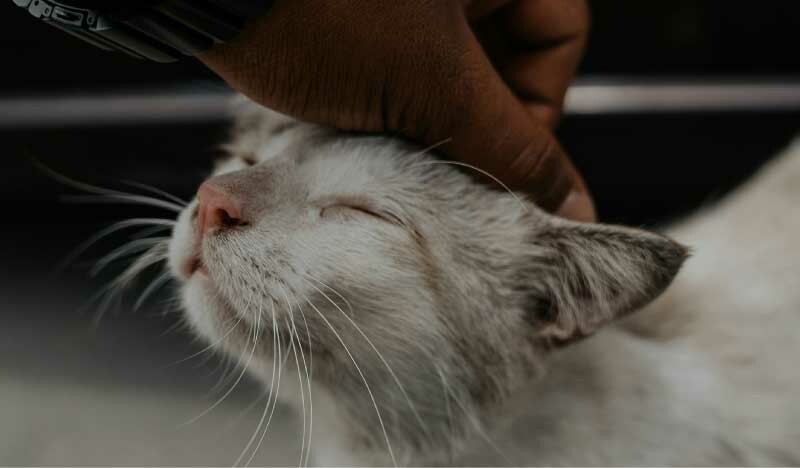FACT-CHECK: Is It Unhealthy to Have Cats as Pets?

Photo: Anoof Junaid on Unsplash
There have been various claims regarding the health implications of keeping cats as pets. It’s essential to examine these assertions critically and separate fact from fiction to provide an accurate understanding of the topic.
Claim 1: Cats can transmit diseases to humans, making them unhealthy pets.
Fact Check: Partially true.
While it is possible for cats to transmit certain diseases to humans, the risk is relatively low with proper precautions. One notable example is toxoplasmosis, a parasitic infection that can be transmitted through contact with infected cat feces. However, the risk of contracting toxoplasmosis can be significantly reduced by practicing good hygiene, such as washing hands thoroughly after handling cat litter or feces, and ensuring that cats are kept indoors to prevent exposure to contaminated soil.
Other potential zoonotic diseases associated with cats include cat scratch fever (caused by Bartonella bacteria) and ringworm (a fungal infection). While these infections are relatively rare and typically mild in healthy individuals, those with compromised immune systems may be at greater risk. Nevertheless, with responsible pet care, including regular veterinary check-ups, parasite prevention, and maintaining a clean living environment, the health risks associated with cat ownership can be minimised.
Claim 2: Cat allergens can trigger allergic reactions and exacerbate respiratory conditions.**
Fact Check: True.
Cat allergens, primarily found in their saliva, dander (dead skin flakes), and urine, can trigger allergic reactions in susceptible individuals. Symptoms may include sneezing, itching, nasal congestion, and in severe cases, asthma attacks. For people with cat allergies, living with a cat can indeed be challenging and may have adverse health effects. However, it’s worth noting that not everyone is allergic to cats, and allergy severity can vary widely among individuals.
Various strategies can help mitigate the impact of cat allergens, such as frequent cleaning, using air purifiers, establishing “cat-free” zones in the home, and grooming cats regularly to reduce shedding. Allergy medications and immunotherapy (allergy shots) are also available to manage symptoms effectively.
Claim 3: Cats can have a positive impact on mental health and well-being.**
Fact Check: True.
Contrary to the notion that cats are inherently unhealthy pets, numerous studies have demonstrated the positive effects of pet ownership, including cat ownership, on mental health and overall well-being. Interacting with cats has been shown to reduce stress, anxiety, and feelings of loneliness, while also promoting relaxation and providing companionship.
The act of caring for a cat, such as feeding, grooming, and playing, can foster a sense of purpose and fulfilment, contributing to improved mental and emotional resilience. Additionally, the social support and unconditional love provided by cats can enhance the quality of life for their owners, particularly for those living alone or facing challenging circumstances.
The Verdict
While there are health considerations associated with keeping cats as pets, the overall impact on human health can be positive when appropriate precautions are taken. Responsible pet ownership, including regular veterinary care, hygiene practices, and allergy management, can help ensure a harmonious and healthy relationship between cats and their owners. Ultimately, the decision to have a cat as a pet should be based on individual circumstances, preferences, and considerations of both human and feline well-being.







